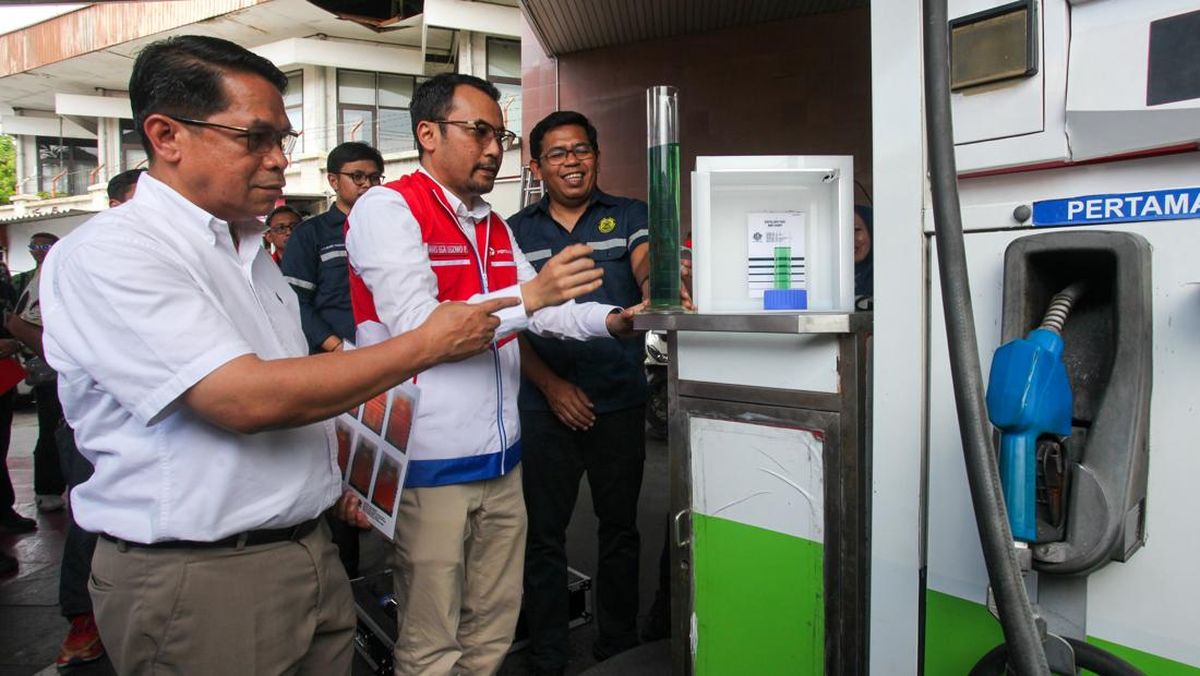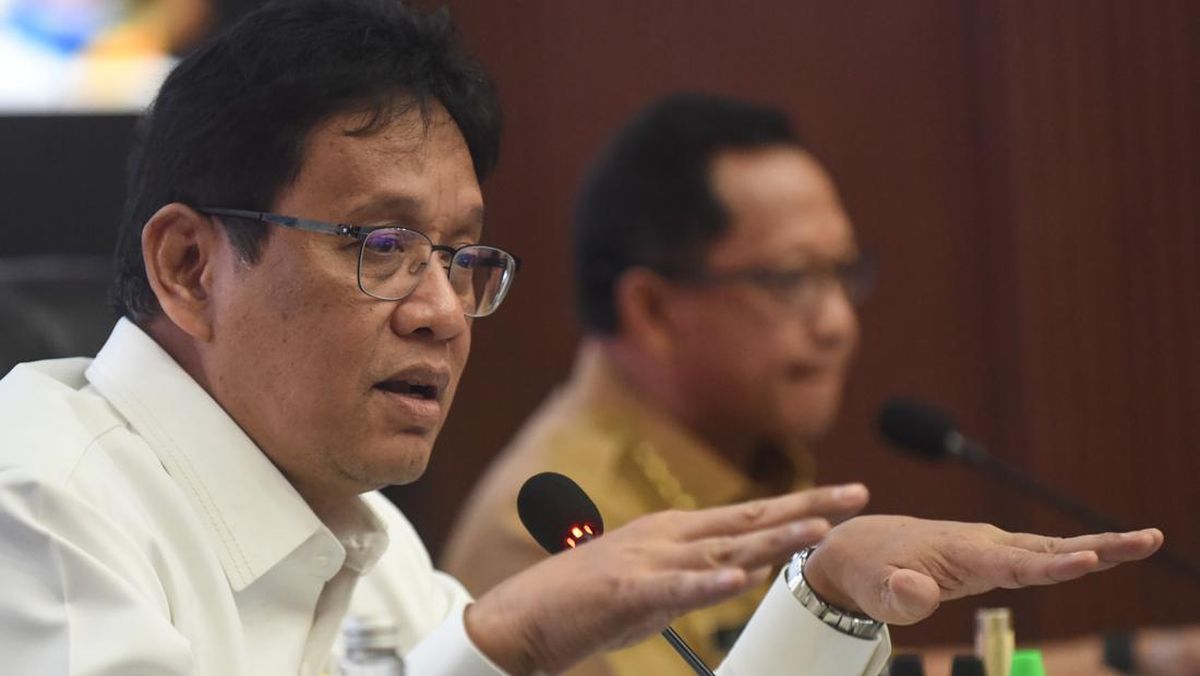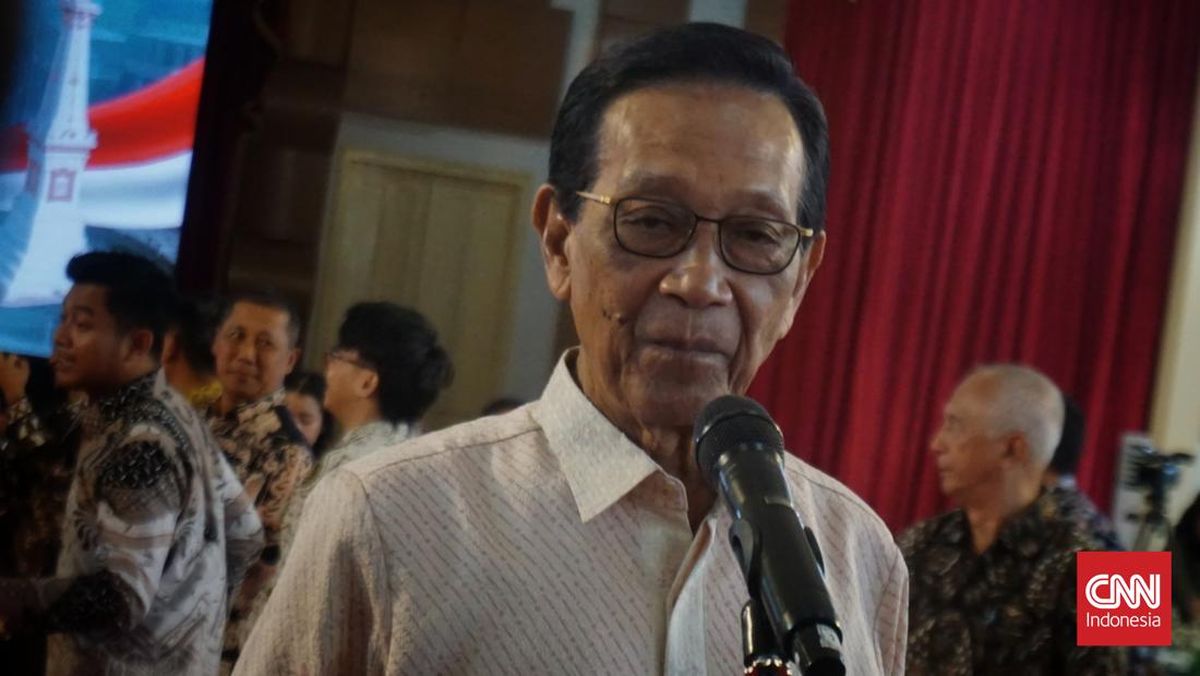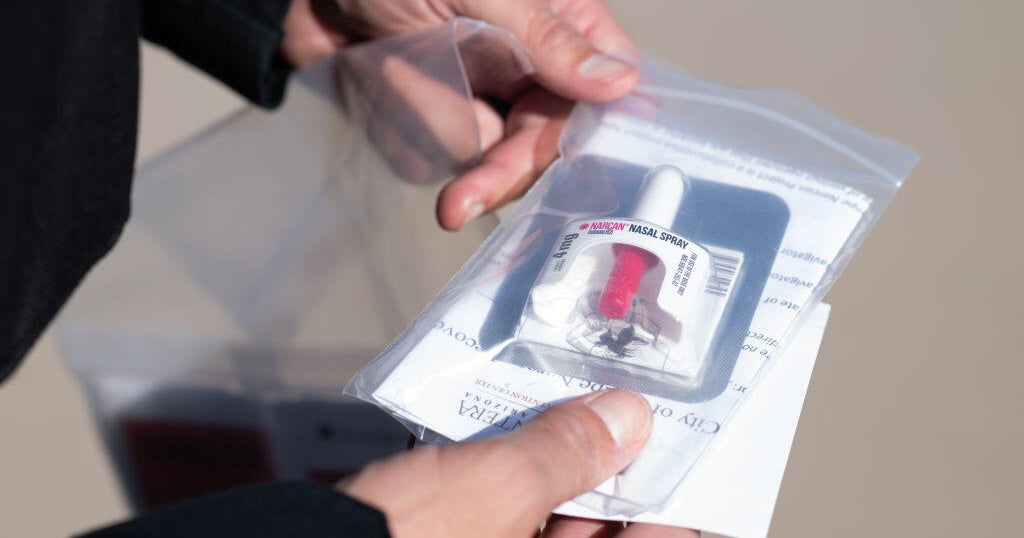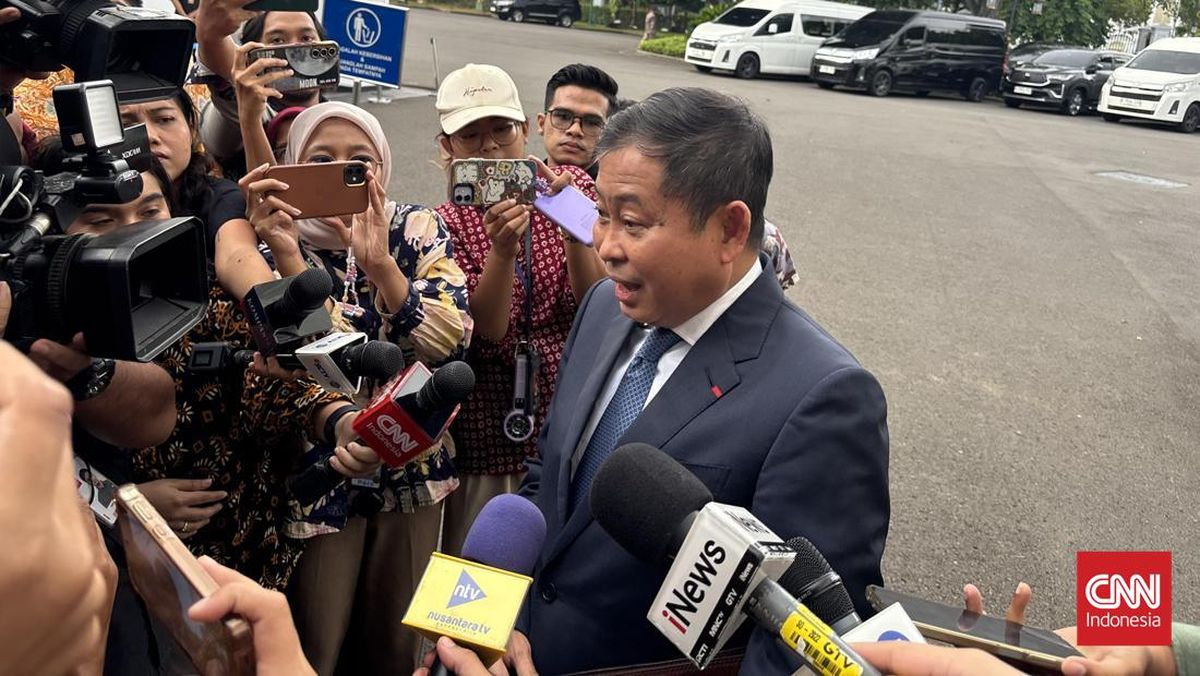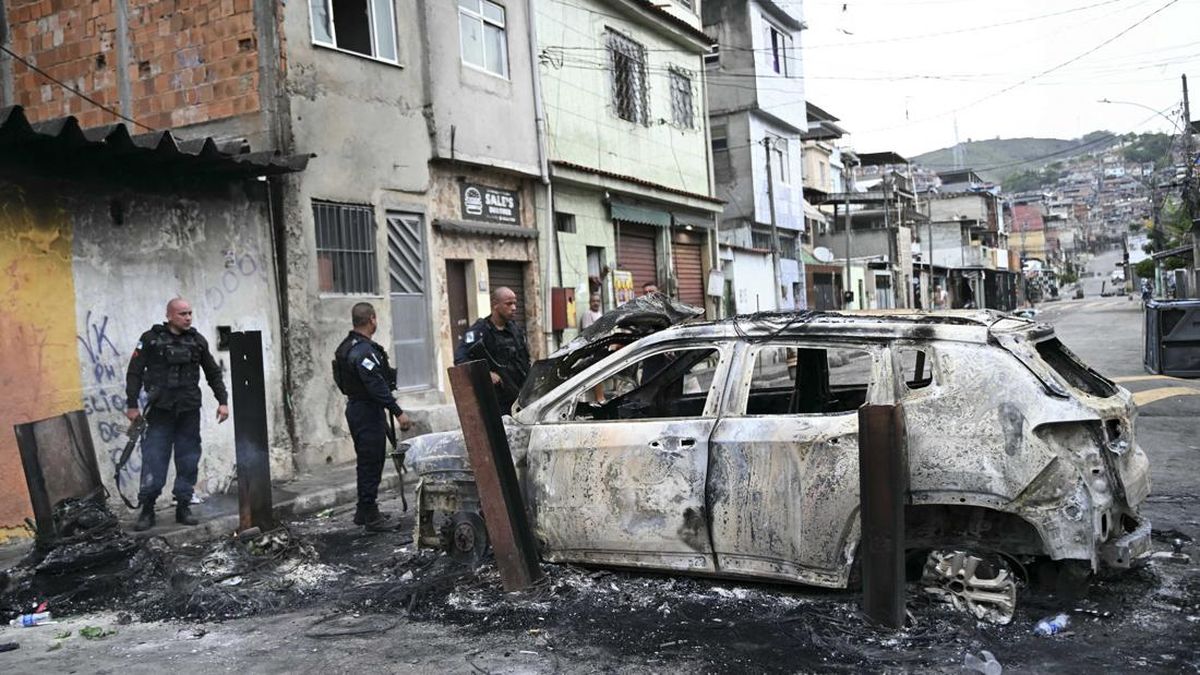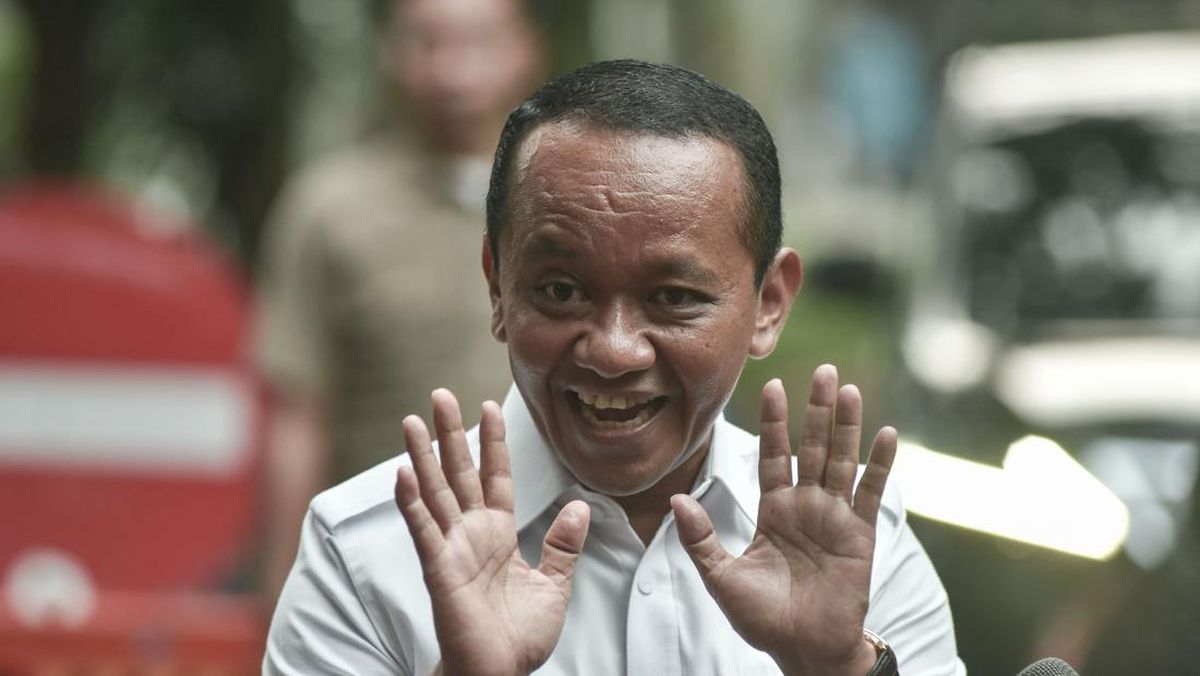When Optus chief executive Stephen Rue faced senators on Monday, he and the telco’s top brass had a rare chance to rebuild trust after a catastrophic network failure linked to the deaths of multiple Australians.
Instead, they have dug the company deeper into crisis.
Rue, as the former long-time chief executive of NBN Co, has had plenty of experience being grilled by senators.

Optus CEO Stephen Rue (right) testified before senators in Canberra on Monday on the company’s Triple Zero failures along with chairman John Arthur (centre) and former chairman Paul O’Sullivan (left.)Credit: Alex Ellinghausen
But Rue’s performance and that of his lieutenants, including corporate affairs chief Felicity Ross and Gladys Berejiklian (who was present but did not give testimony), will do little to stem the bleeding as more than a quarter of Optus customers consider leaving the telco following its most recent outage.
The fiery questions from senators across the political spectrum reflect the public mood: one of anger, and shock that such severe – and in this case, fatal – incidents could keep happening.
Loading
The hearing exposed something more troubling than deliberate dishonesty: an organisation so tangled in process, hierarchy and risk aversion that it couldn’t mobilise critical information when lives were at stake – and couldn’t articulate why.
When accountability matters most, Optus has structured itself to avoid it.
The inquiry heard that a call centre worker discovered fatalities at 8:43pm Thursday. The information travelled to an email that wasn’t opened until Friday morning. Senior management, including chief operating officer Katherine Dyer, learned about the true scale of 100 missed calls only after flying back from interstate. The chief executive of a company managing critical infrastructure remained uninformed for over 12 hours not because information was withheld, but because it got stuck in the organisational gears.
Worse, the inquiry on Monday and Optus’ 55-page submission have exposed a clear pattern of choosing corporate protocol over public safety communication. Rue called the Optus board and Singtel leadership within 30 minutes of learning about deaths. He didn’t call the federal government until nearly six hours later.
Rue’s justification – that he needed the board informed to discharge his corporate duties – may be technically correct, but it inverts priorities. As Senator Sarah Hanson-Young noted with evident anger, “You were too busy putting your ducks in order, telling your board what was going on, contacting your executives, making sure that your company’s ducks were in order. Meanwhile, the federal government, the regulator and the minister, were left in the dark.”
That problematic judgment sits atop three years of crises that speak to persistent institutional rot. The 2022 data breach exposed personal information for nearly 10 million customers, including Medicare numbers. The November 2023 network outage also crippled Triple Zero services, creating déjà vu so acute that Senator Ross Cadell told executives: “Two strikes are stretching it, three strikes, and this is a joke.”

Former Optus chairman Paul O’Sullivan and non-executive director John Arthur during the triple zero service outage hearing with the Senate Environment and Communications References Committee, at Parliament House in Canberra on Monday.Credit: Alex Ellinghausen
And the June 2025 ACCC settlement for “unconscionable conduct” revealed Optus had deliberately exploited vulnerable populations – manipulating credit assessments to sell products customers couldn’t afford, targeting those with mental disabilities and First Nations communities in remote areas – for four consecutive years while management remained aware.
Given the fatalities linked to the triple zero outage, Rue would have almost certainly been sacked at virtually any other company, but he is likely to keep his job at Optus.
He argues that Optus hired him to fix exactly these systemic problems. The board appointed him mid-2024 with an explicit mandate to rebuild process, accountability, and culture. He’s accelerating network operations back to Australia. He’s hiring 300 additional call centre staff. He’s establishing a Process Centre of Excellence. By his logic, another leadership change mid-transformation would create further risk and delay essential fixes.
But the truth is, transformation requires demonstrated change, and Optus hasn’t yet demonstrated it.
Also revealing was who wasn’t called to answer questions on Monday. Gladys Berejiklian, the former NSW premier now serving as Managing Director, Enterprise, Business and Institutional at Optus, sat in the hearing room but never gave evidence. Her role involves soliciting government business for the company – precisely the function that might be expected to escalate information about deaths affecting Australians during an emergency. Berejiklian has been a senior executive at Optus for years now, throughout its multitude of crises, and her silence on Monday highlights the central problem: Optus structures itself so that crucial information travels upward through the organisation but stops at a convenient distance from public accountability.

Gladys Berejiklian, Enterprise, Business and Institutional at Optus did not address the hearing.Credit: AFR
Three consecutive major crises don’t paint a picture of an organisation finally getting its house in order. They paint one still struggling with the same foundational problems that should have been addressed after the 2022 breach.
The Senate hearing didn’t repair public trust, though it did clarify that Optus’s problems aren’t primarily about malice or wilful evasion. They’re about an organisation where safety information moves slowly through management layers, where corporate board notification takes priority over regulatory notification.
And four consecutive years of consumer exploitation points to something deeper than isolated bad decisions; it points to a culture that hasn’t fundamentally changed despite leadership transitions.
Those are the conditions under which customers stop giving companies the benefit of the doubt. Rue may yet finish his transformation. But he’ll be doing so with a customer base that has already begun walking away.
The Business Briefing newsletter delivers major stories, exclusive coverage and expert opinion. Sign up to get it every weekday morning.
Most Viewed in Business
Loading

